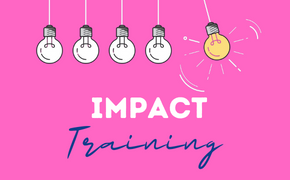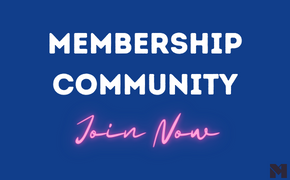In all the chaos that seems to be going on, have you spotted those few people that seem to glide from one surprise to another without showing any surprise – almost as they were ready for it?
Are you one of those? Or are you more like me – a bit tired of being disrupted, interrupted, inconvenienced and derailed? Are you a bit more like me and starting to notice that disruption is wearing you down?
Maya Angelou would tell you “If you don’t like something, change it. If you can’t change it, change your attitude.”
I can’t influence what’s going on around me, but I can change my attitude – specifically change my mindset around the impact that disruption is permitted to have on me.
If you’re familiar with NLP, you’ll know that one tactic to retrain your brain is to reframe your language.
Dan Coyle tells us that language is code for culture. And leadership language has the biggest influence of all.
So, as leaders, let’s do a bit of re-coding.
Here’s 8 statements that I challenge you to reframe:
- When we get through this / when this is over
- Set realistic goals
- Current state / future state
- Change fatigue
- Top down
- Stakeholder buy-in
- Follow a plan
- If we fail to plan we plan to fail
These statements are completely normal, and commonplace aren’t they? They are completely imprinted into our brains, in our cultures and in our day to day conversations.
We don’t even think about them – we automatically know what they mean.
But can you spot that they are playing an insidious role in how we think about, how we react to and how we manage disruption for ourselves, our projects and our teams?
For a break-down of what’s going on with these everyday phrases and why we need to stop using them, watch my 15 minute video below.














